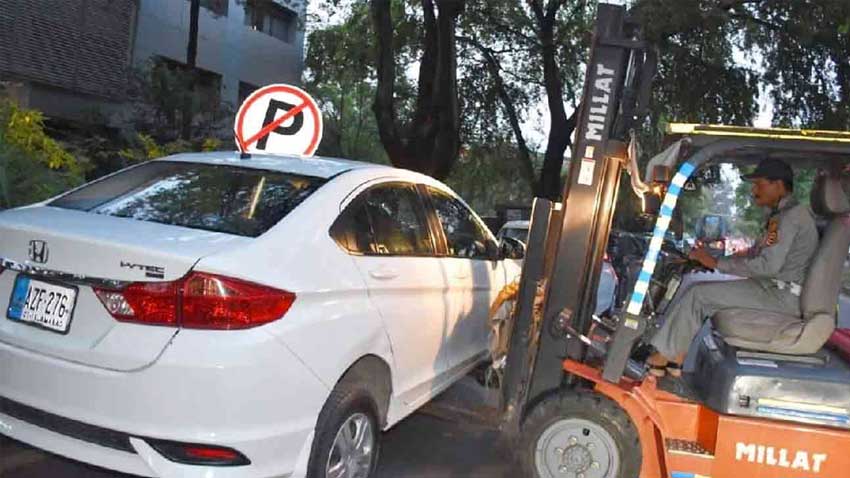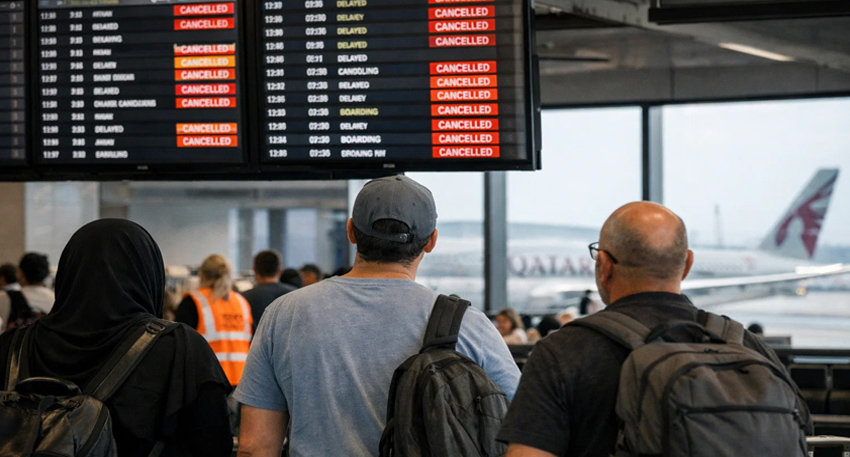
These changes are being described as some of the toughest traffic reforms in the province’s history, and they are already stirring public debate.
According to the updated laws, driving on the wrong side of the road will now carry a penalty of up to Rs100,000. If the violation is committed by a government vehicle, the fine doubles to Rs200,000. For motorcyclists, the fine for wrong-way driving will be Rs25,000.
Read more: Motorway toll tax increased by 50pc — Check the latest rates across routes
In a bid to remove untrained and unlicensed drivers from the roads, the Sindh government has introduced heavy penalties for operating vehicles without a license. Anyone found riding a motorcycle without a license will be fined Rs25,000, while car drivers without a valid license will face a Rs50,000 fine. Authorities say this move aims to encourage citizens to obtain proper driving licenses and reduce the number of undertrained drivers endangering lives on the roads.
The e-challan system is also being fully activated. Under this system, traffic violators will receive challans (tickets) directly at their registered home addresses, ensuring better accountability and legal follow-through. This is expected to minimize in-person altercations with traffic officers and bring transparency to the process.
Additionally, the new law includes strict action against one-wheeling, a dangerous stunt commonly performed by motorcyclists. The first-time penalty for one-wheeling has been set at Rs100,000, while repeat offenders may face fines between Rs200,000 and Rs300,000. This step is aimed at curbing the life-threatening behavior that has caused numerous accidents and fatalities, especially among youth.
In another major decision, the Sindh government has banned all 4-seater rickshaws, labeling them unsafe and disruptive to traffic flow. This move is likely to affect thousands of drivers and commuters, but officials argue it’s necessary for public safety.
Heavy vehicles are also under the radar. The new amendments require all large and cargo vehicles, such as water tankers and dumpers, to be equipped with five cameras and tracking sensors. These installations will allow real-time monitoring of vehicle movement and help in the quick response to any violations or accidents. This technology-driven step is being seen as a proactive move toward smarter traffic management.
The Sindh government’s new traffic laws appear to be a major shift toward stricter enforcement and modern traffic governance. With fines reaching up to Rs300,000, the message is loud and clear: reckless driving will no longer be tolerated.
However, the real challenge lies in consistent enforcement. Without effective implementation and fair application, even the strongest laws can fall flat. The activation of e-challans and use of vehicle tracking technology are promising moves, but public trust will only build if these systems operate without corruption or bias.
Moreover, the absence of a clear public awareness campaign or efforts to improve driver training leaves a critical gap. Traffic reform isn’t just about punishment — it also needs education and accessibility to legal licensing processes.
Still, with Karachi’s worsening road conditions and frequent accidents, these laws could mark the beginning of a much-needed shift toward safety and order — if enforced honestly and equally.




